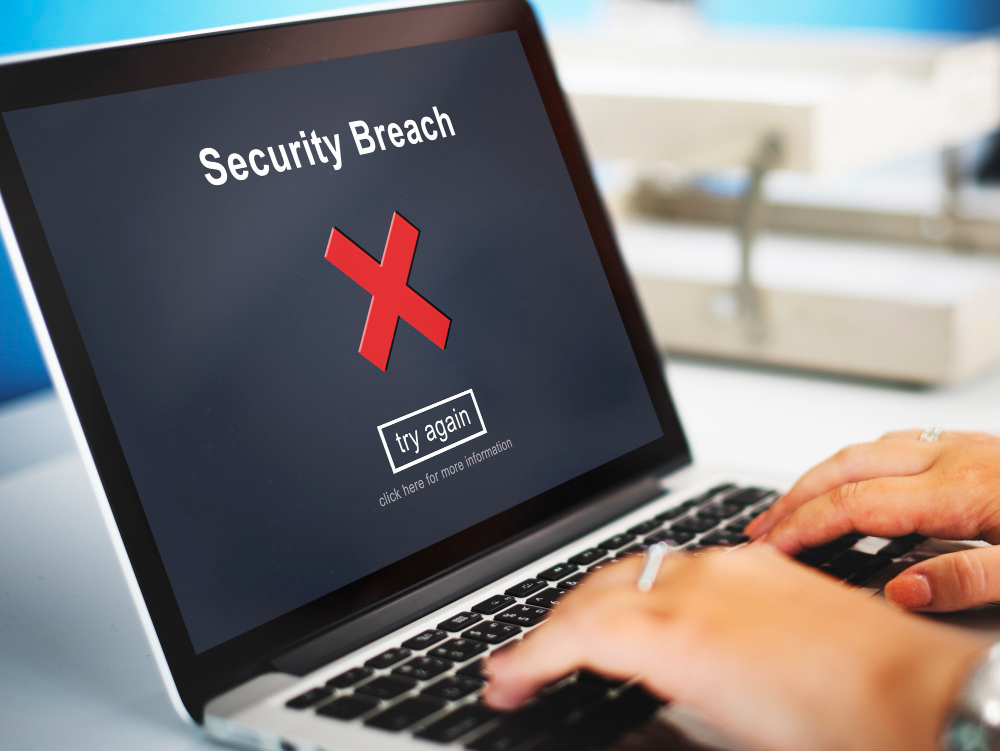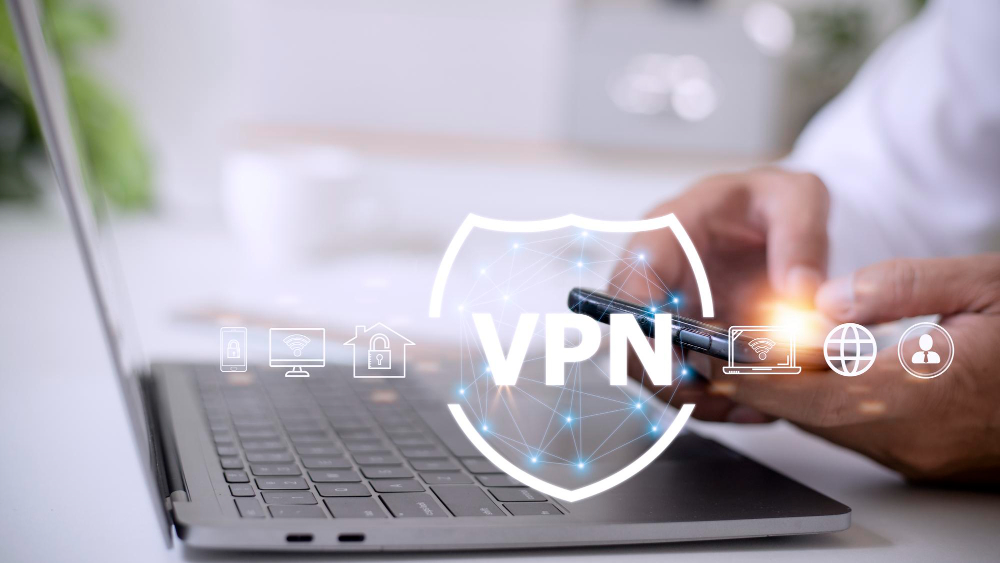Think about the last time you used VPN. Typically, you would use it for different reasons. Some include the possibility of watching TV shows or movies unavailable in your country or because of data protection and internet security.
But is it legal to use a VPN? Have you ever asked that yourself? In this article, we will cover the most crucial legal stuff about VPNs you should know.
Contents of Post
Is It Legal to Use a VPN?
This largely depends on the country. For example, VPN is completely legal in the USA and most Western European countries.
However, you shouldn’t engage in illegal activities while using VPN. If you do something that violates any VPN rules or if you download copyright materials, you will get yourself in trouble, even with a VPN.
But, even if you use Hulu or Netflix that try to block a VPN connection, it is still okay to use it. Also, while using a VPN, but is crucial you choose ones that are 100% safe and legal.
Where Is It Illegal to Use VPN?
Some countries, mostly those less democratic, do not allow VPNs. For example, China, Russia, and India are among the countries where VPN usage is considered an illegal activity.

Here is the list of countries that do not allow VPNs
- Belarus
- China
- Iran
- Iraq
- Oman
- Russia
- Turkey
- Uganda
- United Arab Emirates
- Venezuela
Also, there are some countries where you can use VPN, but with certain restrictions. The list of those counties is the following:
- North Korea
- Cuba
- Egypt
- Vietnam
- Bahrain
- Turkmenistan
- Myanmar
- Syria
- Libya
And while these countries do not ban VPNs, everyone who uses it may face government hostility.
Which VPNs Are Legal to Use?
It is best to start by dividing the VPNs into two groups – free and paid. Free VPNs usually have many security issues, questionable marketing practices, and track records. But paid VPNs pay attention to this.
They have excellent security features and fair marketing practices. Additionally, they are allowed for use in almost every country.

Free VPNs, even though they look very attractive because of their free subscription, have many issues that include:
- Many VPNs allow companies and advertisers to collect data
- They steal bandwidth from users and let others use them
- Track your activity while you use it
- Expose the IP address due to the data leaks
What Are the Best VPNs to Use?
The best VPNs are the ones that have encryption standards and protocols that protect your data. Also, the best VPN companies have a long and rich history, and they do not keep a history of your logs.
Some of the best VPN providers on the market are Surfshark, NordVPN, PureVPN, TopGuard, and Private Internet Access.
Wrapping Up
And while legal in most of the world, VPNs are not allowed for use in certain countries. So, make sure to check legal requirements before you start with the use.
As long as it’s legal and as long as you use a VPN for legal activities, you are good.

![Is It Legal to Use a VPN [Overview Through Different Countries]](https://www.pythonblogs.com/wp-content/uploads/2022/10/is-it-legal-to-use-a-vpn-overview-through-different-countries.jpg)